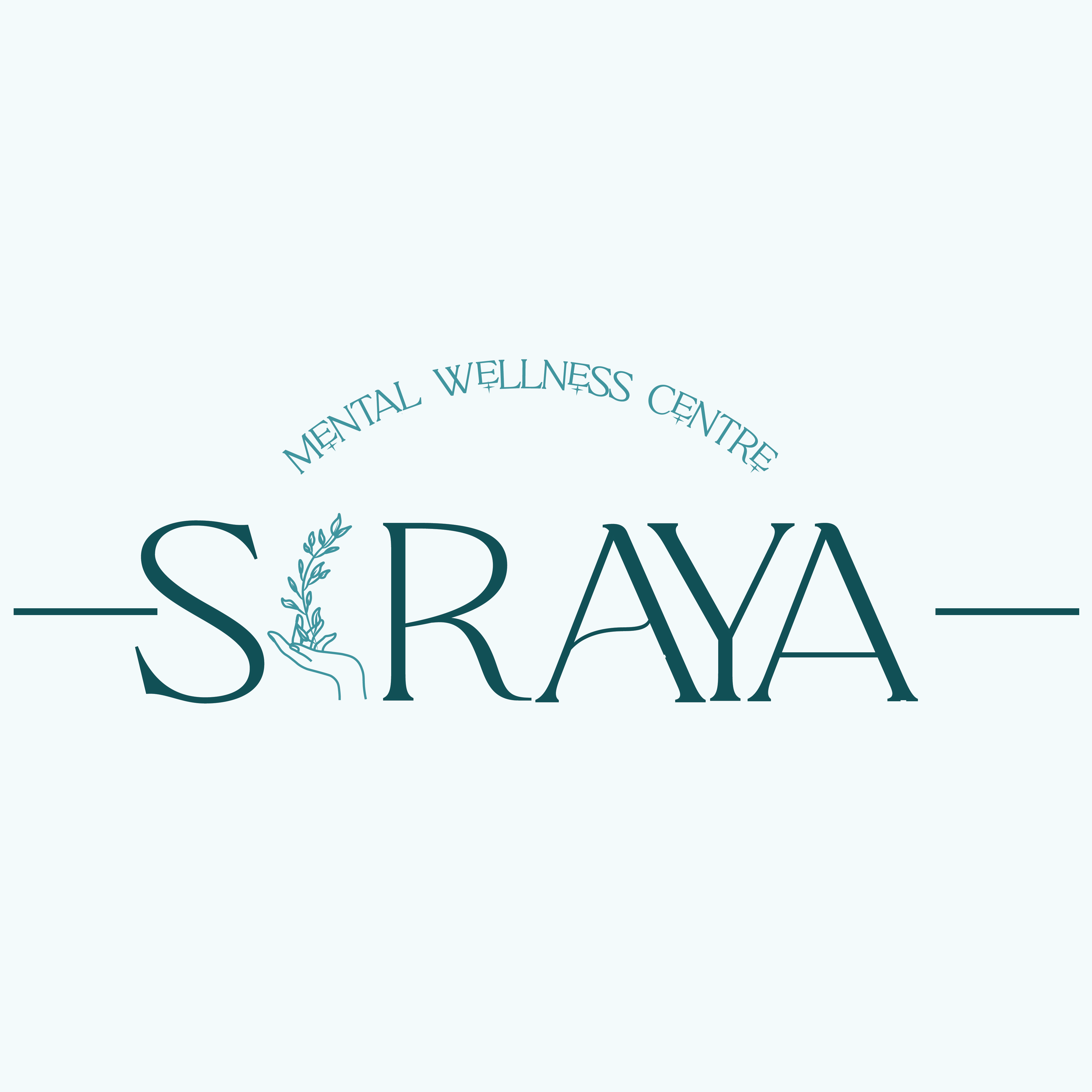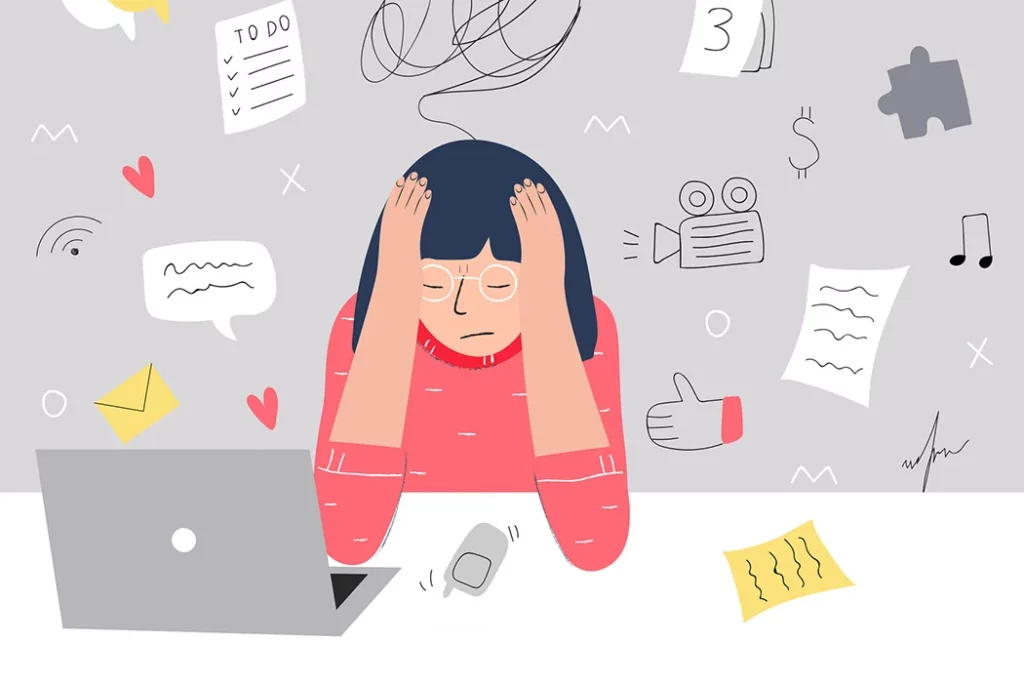ADHD is a short form of Attention-deficit/hyperactivity disorder. It is a chronic condition that affects a lot of children and most of the time continues into adulthood. It is a combination of few persistent problems like impulsive behaviour, hyperactivity, and difficulty maintaining attention.
They have difficulty focusing on different tasks, or even focusing which may help in completing a project. Therefore, it limits their ability to study or work and can often cause stress & anxiety. Some may even find it difficult to sit still and become easily distracted.
Because of this children suffering from ADHD may have a difficult time at school leading to a poor performance that can impact their self esteem.
Features of ADHD & subtypes:
The most primary features of ADHD include inattention & hyperactive-impulsive behaviour. Symptoms start before the age of 12 and in some children, it is noticeable as early as 3yrs of age. The symptoms range from mild, moderate and severe and may continue into adulthood.
The symptoms are often seen in males than in females and the behaviours are differently seen in boys and girls. Features of hyperactivity are seen in boys and inattention is seen in girls.
The 3 types of ADHD are:
-
- Hyperactive & Impulsive
-
- Predominantly inattentive
-
- Combined
Hyperactive &Impulsive
Some or all of the following may be apparent in someone with ADHD:
-
- seeming constantly “on-the-go” and unable to sit still
-
- running or climbing at inappropriate times
-
- having difficulty taking turns in conversations and activities
-
- fidgeting or tapping the hands or feet
-
- talking and making noises excessively
-
- taking unnecessary risks
Inattention:
Below are some behaviours related to inattention that a person might notice in someone with ADHD:
-
- daydreaming
-
- becoming distracted and having difficulty focusing on tasks
-
- making “careless” mistakes
-
- appearing to not listen while others are talking
-
- having difficulty with time management and organisation
-
- frequently losing everyday items
-
- avoiding tasks that need prolonged focus and thought
-
- having difficulty following instructions
Combined
This is a mix of inattentive symptoms and hyperactive/impulsive symptoms.
Typical developmental behaviour vs. ADHD
Most of the healthy children are inattentive, hyperactive at one time or another. Also, it is very typical for preschoolers to also have short attention spans and find it difficult to stick with one activity for a long time. Even in teenagers & older children, attention span would depend on their level of interest.
It is the same with hyperactivity. Younger kids are naturally energetic. You will often see them as full of energy & never getting tired.
These should not be the sole criteria for diagnosing a child with ADHD.
When to see a doctor?
If you feel that your child shows signs of ADHD, you may visit you paediatrician or a child psychologist.
Causes-
The exact cause of ADHD is still unclear and the research still continues. There are multiple factors involved including genetics, the environment or problems with the central nervous system during a child’s early development.
Risk factors-
The risk factors for ADHD includes-
-
- Blood relatives with ADHD such as a parent or sibling.
-
- Exposure to environmental toxins like lead. It is found in paint and pipes of older buildings.
-
- Maternal drug use, alcohol use or smoking during pregnancy
-
- Premature birth
Sugar also causes hyperactivity, but there is no reliable proof for the same.
Coexisting conditions
ADHD doesn’t cause other psychological or developmental problems. However, children with ADHD are more likely than others to also have conditions such as:
-
- Oppositional defiant disorder (ODD), generally defined as a pattern of negative, defiant and hostile behaviour toward authority figures
-
- Conduct disorder, marked by antisocial behaviour such as stealing, fighting, destroying property, and harming people or animals
-
- Disruptive mood dysregulation disorder, characterised by irritability and problems tolerating frustration
-
- Learning disabilities, including problems with reading, writing, understanding and communicating
-
- Substance use disorders, including drugs, alcohol and smoking
-
- Anxiety disorders, which may cause overwhelming worry and nervousness, and include obsessive compulsive disorder (OCD)
-
- Mood disorders, including depression and bipolar disorder, which includes depression as well as manic behaviour
-
- Autism spectrum disorder, a condition related to brain development that impacts how a person perceives and socialises with others
-
- Tic disorder or Tourette syndrome, disorders that involve repetitive movements or unwanted sounds (tics) that can’t be easily controlled
Prevention
To help reduce your child’s risk of ADHD:
-
- During pregnancy, avoid anything that could harm foetal development. For example, don’t drink alcohol, use recreational drugs or smoke cigarettes.
-
- Protect your child from exposure to pollutants and toxins, including cigarette smoke and lead paint.
-
- Limit screen time. Although still unproved, it may be prudent for children to avoid excessive exposure to TV and video games in the first five years of life.
Treatment:
Treatment for attention deficit hyperactivity disorder (ADHD) can help relieve the symptoms and make the condition much less of a problem in day-to-day life.
-
- Medicine- Medicines are not a permanent cure for ADHD but may help someone with the condition concentrate better, be less impulsive, feel calmer, and learn and practise new skills. Visit a psychiatrist that can help with medicines.
-
- Therapy- Different therapies can be useful in treating ADHD in children, teenagers and adults.Behaviour therapy provides that support and may involve teachers, family or peers
A note from Siraya Mental Wellness-
Adhd does not have to define your life course. Seek help today and manage the symptoms of ADHD. Book an appointment with our experienced psychologist & psychiatrist today!

